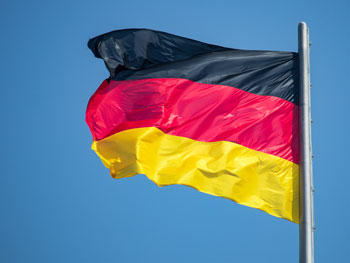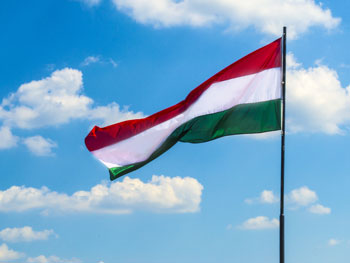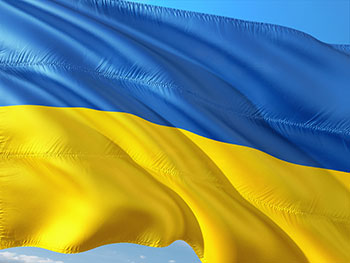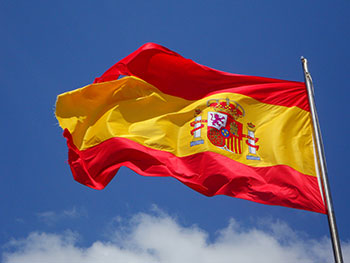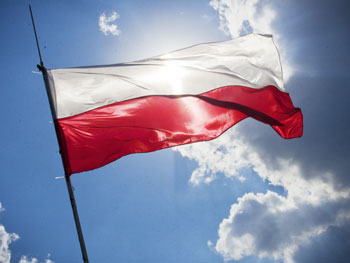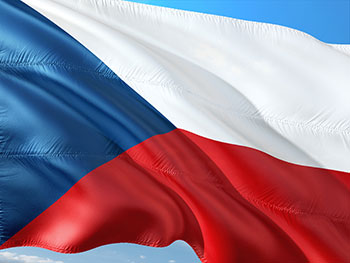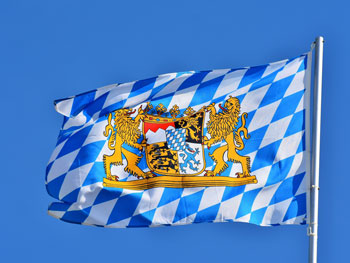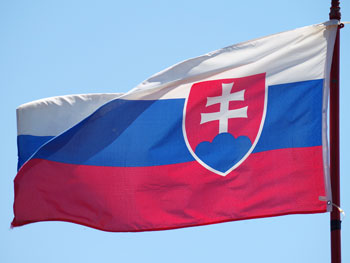Bavaria
At A Glance
Area: 70.550 km²
Total population: 13.003.252
Bioeconomy maturity: Very high
Bioeconomy strategy: Under development
Main feedstock: Agricultural residues, forest residues, feedstock from forest-based industries, water waste treatment and sludge, CO2
POWER4BIO partner: Chemie Cluster Bayern (CCB)
Contact person for Bavaria: Laura Kühn
Bioeconomy Strategy
- Since 2012, the term “bioeconomy” is adopted and playing an important role in Bavarian policies
- 2015: Bavaria became the first German state that established a Bioeconomy Council for the initiative “Bioeconomy for Bavaria!”
- The Bavarian Ministry of Economic Affairs, Regional Development and Energy is currently elaborating an official Bavarian bioeconomy strategy on behalf of the Bavarian government
- The Bavarian strategy on bioeconomy will be compliant to the National Research Strategy Bioeconomy 2030 (2010) and the National Policy Strategy on Bioeconomy (2015)
Main Targets Of The Region Regarding Bioeconomy
- Support the bioeconomy with a favorable political framework
- Realize the transformation to a sustainable post-fossil economy
- Respecting the main socio-economic goals: climate protection, biodiversity, resource efficiency and sustained prosperity
- Making bioeconomy a driver of Bavaria’s development
- Sufficient food and renewable resources for industrial and energetic use
- Sustainable use and production of biologic raw materials as well as their residual and waste materials
Main Stakeholders
In The Region
Stakeholders involved in the current regional Bioeconomy strategy
In Bavaria, four ministries share the competency in bioeconomy-related subjects:
Bavarian State Ministry for Nutrition, Agriculture and Forestry (StMELF)
Bavarian State Ministry of Economic Affairs, Energy and Technology (StMWi)
Bavarian State Ministry of Science and the Arts (StMWK)
Bavarian State Ministry of the Environment and Consumer Protection (StMUV)
As an independent advisory body, the Bioeconomy Council of Bavaria makes recommendations on how the expansion of the bioeconomy can contribute to sustainable development at regional and supraregional level.
The most important Bavarian cluster organizations, related to bioeconomy are:
Chemie-Cluster Bayern GmbH
Cluster Energietechnik – Bayern Innovativ GmbH
Cluster Neue Werkstoffe – Bayern Innovativ GmbH
Cluster Biotechnologie – BioM GmbH
Cluster-Initiative Forst und Holz in Bayern GmbH
Trägerverein Umwelttechnologie-Cluster Bayern e.V.
The Competence Center for Renewable Resources (KoNaRo) in Straubing consists of the following institutions:
Technische Universität München – Campus Straubing
Technologie- und Förderzentrum
C.A.R.M.E.N. – Coordination Center for Renewable Resources, Renewable Energies and sustainable Use of Resources
Important Stakeholders
Strategy development should be carried out under participation of relevant social groups, including economic, consumer and environmental associations, civil society associations (NGOs) and representatives of the scientific community.
Available Biomass Sources
At Regional Level
- Wood
- Cereals – the two most important: wheat, winter barley
- Livestock: cows, pigs, hens, sheep
- Biogas plants
- Bio waste
All Regions Participating In POWER4BIO
Ten regions from nine different countries are participating in POWER4BIO, five of which coming from Central and Eastern Europe (CEE) and five from Western and Southern Europe (WSE).


